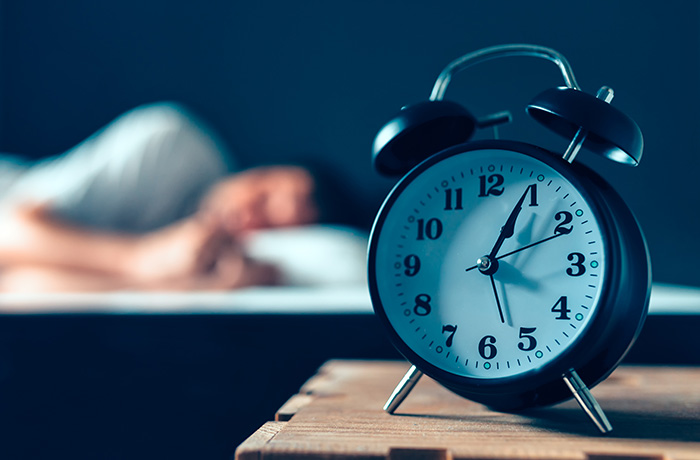
It’s estimated that as many as 50–70 million US adults suffer from a sleep disorder. While lack of sleep may seem harmless, over time it can actually have some pretty big health consequences, including raising the risk for obesity, diabetes and even heart disease.
So how much sleep is ideal? The amount can vary from person to person, but most adults need at least seven hours of sleep per night.
“More than one in three American adults doesn’t receive the recommended amount of sleep,” said Dr. Tyler Murphy, internal medicine and lifestyle medicine physician. “You might be able to get away with little sleep for a day or two, but prolonged deprivation can lead to serious health problems, or can make certain health problems worse.”
Sleep & Your Heart Health
Adults who sleep less than seven hours each night are more likely to suffer from:
- High blood pressure (hypertension). When you don’t sleep well, your blood pressure stays elevated for a longer period of time.
- Obesity. Poor sleep can cause unhealthy weight gain, which may be particularly true for children and adolescents (who need even more sleep than adults). In fact, sleep has been shown to be a key regulator of body weight and metabolism.
- Diabetes. Though not always recognized, sleep deprivation is a significant risk factor for type 2 diabetes.
“All of these health conditions are linked with cardiovascular disease,” said Dr. William Frauenheim, cardiologist, Spectrum Health Heart & Vascular Center at Holland Hospital. “When you don’t get enough sleep, your chances of having a heart attack or stroke go up, no matter your age, weight, how much you exercise or whether you smoke.”
Conditions That Hurt Your Heart
Two common sleep disorders that have disheartening heart health effects include:
- Insomnia, or trouble falling asleep, staying asleep, or both. Insomnia is associated with both high blood pressure and heart disease.
- Sleep apnea, a condition where your airway becomes repeatedly blocked during sleep, causing you to stop breathing for short periods of time. Because it affects how much oxygen your body gets during sleep, it can increase your risk for hypertension, heart attack and stroke.
So what should you do if you’re not getting the shuteye you need? Beyond talking with your doctor, here are some sound tips:
- Try to go to bed at the same time every night and get up at the same time every morning, including weekends.
- Don’t consume caffeine at least four to six hours before bedtime.
- Do not drink alcohol within three hours of bedtime.
- Exercise regularly, but avoid working out within a few hours of bedtime.
- Keep your bedroom cool, dark and quiet.
- Remember that any and all screen time before bed can disrupt sleep. Use a blue-light filter on your computer or smartphone.
- Don’t eat a heavy meal before resting.
For expert diagnosis and treatment, Holland Hospital also features a comfortable, state-of-the-art sleep lab and access to board certified sleep medicine physicians. Talk to you provider to see if you’d benefit from a sleep study.